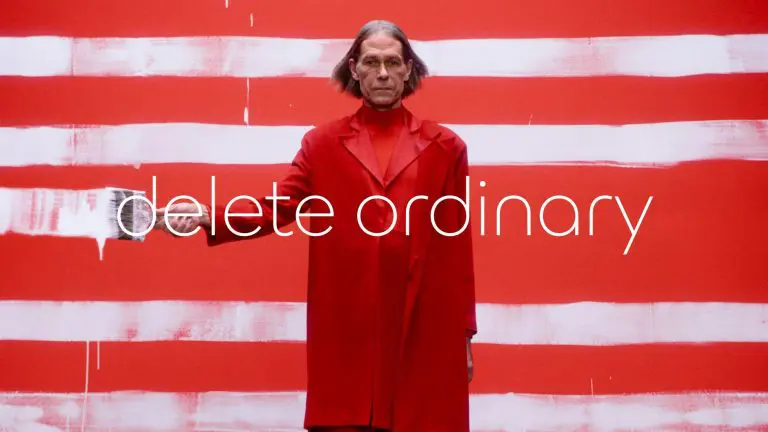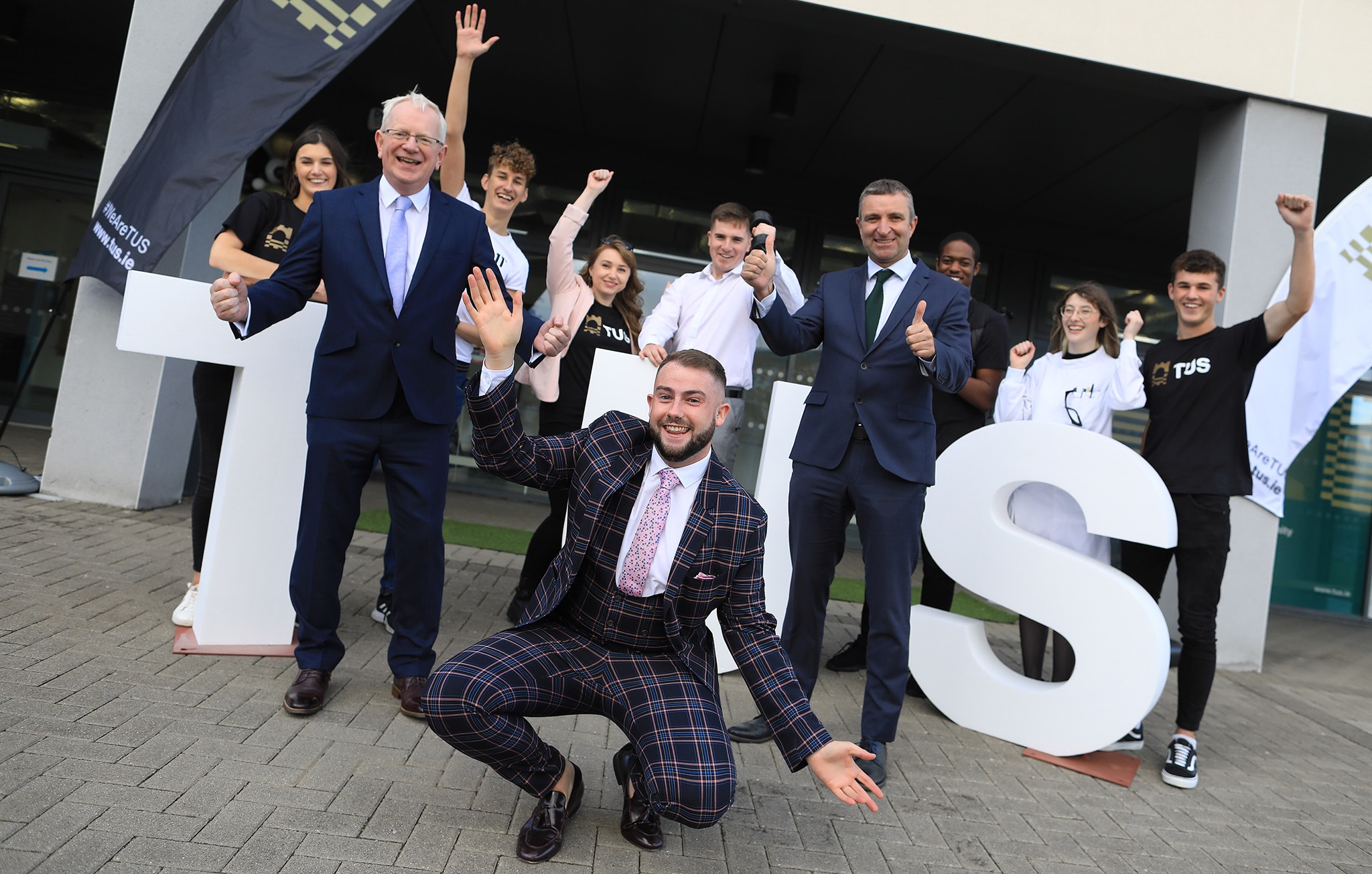Many phrases such as “political management”, “packaged politics”, “promotional politics”, or “modern political communications”, have been used to describe what is mostly commonly referred to as “political marketing”.
As such, there is a general confusion about the definition of ‘political marketing’ but we can mostly agree that it is where political parties adopt business concepts that help to them to achieve electoral success.
There are three main categories to describe political parties in Ireland, the ‘convinced ideologist’, the ‘tactical populist’, and the ‘relationship builder’.
Notwithstanding a cursory glance, it can hardly be said that any of the political parties in Ireland are a ‘convinced ideologist’, this is where they lead the political market, and ignore public opinion, as they know their political approach is one they believe to be the right one.
Fianna Fáíl and their strategic position on nationalism is interesting, as their actions rarely match up with their past verbal rhetoric.
Fianna Fáil prides itself on a core value of nationalism, yet nationalism does not appear to supersede its aims for electoral success. For example, their past actions while in government have often been to maintain the ‘status quo’ in Northern Ireland, with the last real action being evident in the 1980’s when Charlie Haughey met with the British Prime Minister Margaret Thatcher. In addition to this, Fianna Fáil has often been responsible for the imprisonment of IRA members, as well as enacting legislation to curtail their actions. Despite this, the party still brands itself as the “Republican Party.”
Let’s compare them to Sinn Fein; while the “Shinners” have embraced their political ideology of nationalism, they have never been in government in the South; so their political commitment to this cause has never been challenged.
Similarly, it would be difficult to reconcile Sinn Féin’s inherent shroud of secrecy with openness and inclusion, where as a leader of the political market, this requires placing openness and inclusion as a high priority.
Likewise, other parties that have had their time in government, Fine Gael, the Greens, and the Labour Party, have also encountered challenges to their core tenets.
Fine Gael is more or less associated with a moralistic discourse and ideology of Church teachings, for example in 1983 it was faced with the abortion referendum. Similarly, while Fianna Fáil and Sinn Féin have often been successful in uniting people under a core message, Fine Gael have failed to sell their message to their supporters of being the fiscally responsible party of GE16, with their “Let’s Keep the Recovery Going” slogan – which was undoubtedly a nod to their gallant efforts of bringing the country back from the brink of economic ruin (something that they attributed to Fianna Fáil at every chance they got).
Any time I think of the Labour Party I often find myself using the quote by Eamon De Valera “Labour must wait”. Indeed, Labour waited for its time in government, they got it, messed it up, got it again, and the cycle of political woe (or stupidity) followed suit.
Labour have been traditionally associated with a political ideology, explicitly representing the working class and preaching ‘social democracy’. Think back to the years of austerity, when Labour paid harshly for selling their political ideology during election campaigns, and were hung out to dry by voters for delivering something completely different.
Don’t worry; all parties will get their turn!
Next, the Green Party. Preachers of climate change and eco-warriors, now led by Eamon Ryan, the three-person party, has not always been the climate change heroes we think they are.
At first glance, we often see the party leading the fight against climate change, often bringing legislation forward for the good of the people, irrespective of public opinion. Yet, they entered into a coalition government with Fianna Fáil, allowing the development for a motorway through an archaeological sensitive area near the Hill of Tara. They are not the eco-warriors they sell themselves to be.
AAA/Solidarity/PBP and any other acronym they come up with to be more relevant.
The two party coalition of hard leftists advocate strongly against austerity, yet in recent months they rebranded themselves as ‘Solidarity’ – signifying their cognisance that public opinion designs their policy goals, as opposed to strict anti-austerity ideologies.
As such, this left ‘party’ bloc – along with the newer, smaller parties (Socdems and Renua), and the occasional independent grouping, would often favour public opinion over ideology.
This is often termed as the ‘tactical populist’, adopting for a top-down approach, having a reliance on external groups, they follow the market, and their activities consist of uncovering and responding to public opinion as opposed to focusing on ideology.
Foe example: Solidarity/PBP on their position of water charges, or the Dáíl prayer; the Socdems on their positon of the Church and State separation in respect of the public furore over the National Maternity Hospital. In this regard, they are more inclined to focus on relationships with the media, voters, and the expense of other stakeholders.
In Ireland, each of the larger political parties are professionally organised from the bottom up (Fianna Fáíl and Sinn Féin started as underground grass-root movements).
This subsequently resulted in the parties holding annual conferences, ostensibly, to discuss party ideologies and policy with their members. In comparison to the Labour Party, they are often forced to follow conference policy. For example, the party must have a special conference before the parliamentary party enters into a coalition.
By contrast, Fine Gael and other parties – the Greens, Socdems, and Renua – are less bound by the decision of the party conferences, and Fianna Fáil being the least of all.
The policies of Fianna Fáil, Fine Gael, and fringe parties are much vaguer and of little relevance to party members.
Since the support of the party does not depend on party policy, party leaders are often free to advocate whatever policy is most electorally beneficial – as such; they are more or less termed as a ‘relationship builder’.
They develop policies that are in line with their core values, but also consider public opinion to be just as important – an attempt to balance being responsive to public opinion while following the party’s core beliefs. As such, their marketing activities often consist of synthesising the diverse opinions that exist within society.
For example, Fianna Fáil is really a ‘catch-all’ party. Party policy is widely regarded as whatever is most likely to be popular amongst voters, or embarrassing the opposition. In other words, they make policies that reflect what the market ‘really wants’, and reduce their ideological baggage.
To sum this strategy up, here is a quote from an unnamed Fianna Fáíl TD in an Irish Times article in the early 1980’s; “The party works out which side of an issue will win electorally and that’s the side it will always be on – the winning side.”
With that said, their actions are restricted party ideology e.g nationalism and reunification for Fianna Fáil and Sinn Féin, proper Catholic ethics for Fine Gael.
In an Irish context, political parties often change their political marketing strategy, with their strategy often being a matter of degree and dynamic in which parties can choose to gravitate from being a convinced ideologist, relationship builder, and so on.
Moving from one position to the next depends on the competitive environment the party inhabits.
For example, Tony Blair and ‘New Labour’, Fianna Fáil’s position on the contentious issue of water charges – abolition of water charges was key to its electoral offering and its corresponding rejuvenation during GE16. Once elected, their position changed on multiple occasions as it repeatedly sought to align its ideology with public opinion.
All parties have there own way of going about their business and as voters we need to decide whose beliefs do we align with and if it is important to us that they will actually stand by their convictions.
Andrew Rooney is a PR Intern with Fuzion Communications









